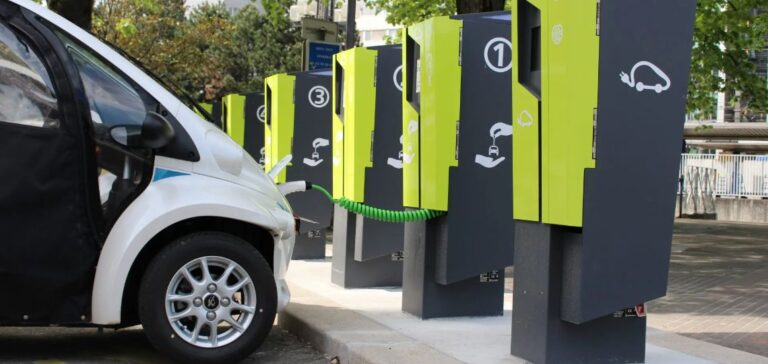The European Union has initiated an emergency consultation, marked by a kickoff meeting, aimed at defining urgent measures to support the automotive sector in its transition to electrification. From the outset, key industry players expressed the need for swift action, notably with the striking quote from Ursula von der Leyen: “we are acting quickly.”
Context of the Electrification Transition
The discussions focused on the challenges posed by international competition, particularly from China, which recorded a 40% increase in electric vehicle sales in 2024. The EU, whose automotive sector accounts for approximately 7% of the region’s GDP, must navigate issues of competitiveness and strict regulatory requirements. Automakers such as Volkswagen, BMW, Mercedes, Volvo, and Renault were present, illustrating the diversity of stakeholders impacted by this transition.
Faced with these challenges, the European executive has highlighted flexibilities designed to avoid financial penalties in case of non-compliance with CO₂ emission reduction targets. This initiative comes as several Member States, notably Germany, France, and Italy, express reservations regarding the fines imposed for non-compliance.
Emergency Measures and Regulatory Adaptations
The announced measures include an additional surcharge of up to 35% on battery-powered vehicles manufactured in China, supplementing existing taxes. These adjustments aim to protect the interests of European companies while spurring increased investments in battery production—a field identified as lagging by the Institut Jacques Delors. The sector is thus confronted with fierce competition on both technological and regulatory fronts.
The entire discussion was marked by telephone exchanges and strong quotations, such as that from Patrick Koller (CEO of Forvia), emphasizing the necessity of preserving the competitiveness of Europe’s automotive industry. The debates underscore an urgency recognized at the political level, without compromising the factual rigor of the ongoing decisions.
Reactions and Sectoral Impacts
Market players, whether automakers or suppliers, are observing mixed signals regarding future prospects. While the EU has promised a detailed action plan for March 5, opinions differ on the effectiveness of the announced measures. The meeting, serving as a true kickoff to a new phase of regulation, hints at a profound transformation of the European automotive sector amid heightened global competition.





















